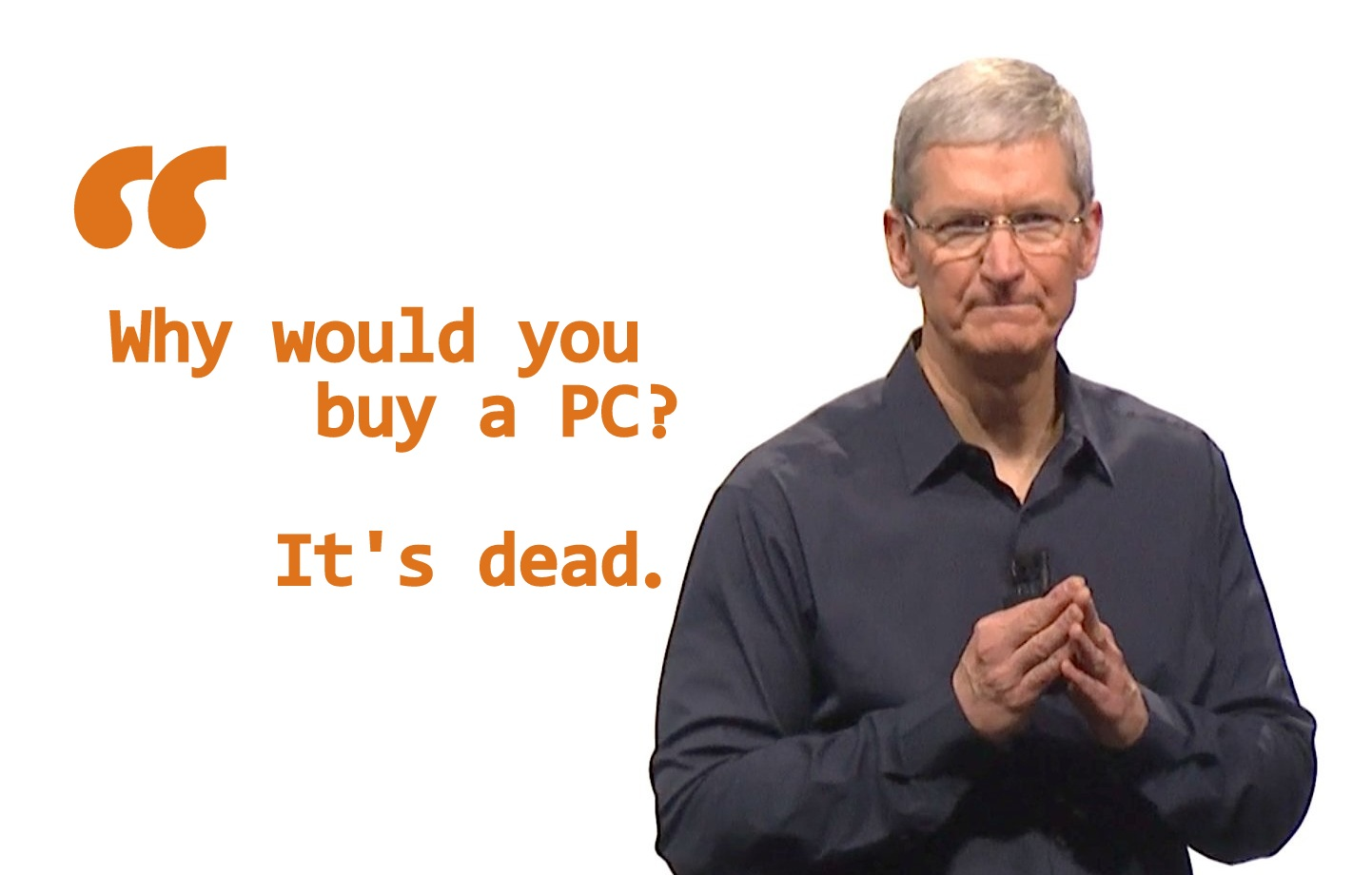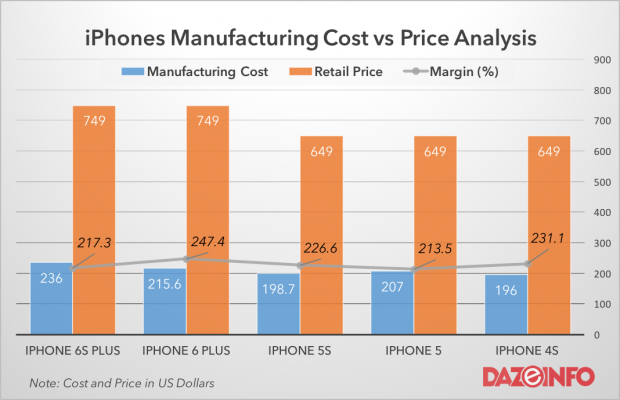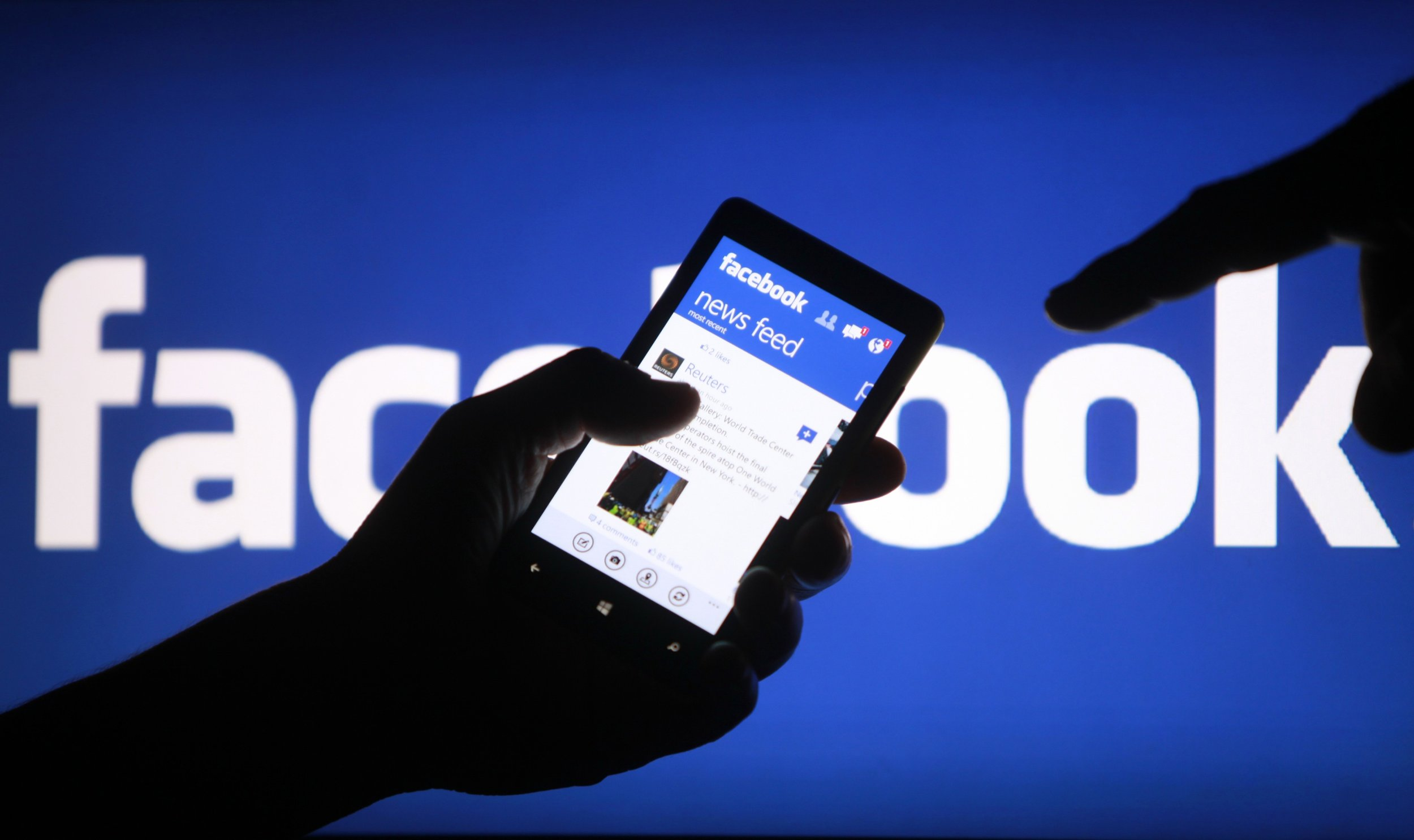In the debate of iPad Pro vs PC, the battle lines are drawn over productivity, performance, and versatility. With Apple’s iPad Pro starting at $799, it has positioned itself as a formidable contender in the laptop replacement arena. Apple CEO Tim Cook has boldly claimed that this device could indeed render PCs obsolete, praising its robust features tailored for modern professionals. The introduction of the iPad Pro offers intriguing alternatives to traditional computers, particularly for those seeking an Apple tablet that merges functionality with portability. However, as we explore the potential of this new technology, it’s essential to consider whether it can truly meet the diverse needs of users accustomed to the reliability of desktop and laptop systems.
When considering the comparison between Apple’s tablet offerings and conventional personal computers, the discussion frequently revolves around how advanced mobile devices like the iPad Pro can serve as adequate replacements for traditional computing solutions. Many individuals are intrigued by the notion of tablet productivity as enhancements in technology have increasingly blurred the lines between laptops and tablets. With the impressive features of the latest iPad Pro, some are encouraged to reevaluate their reliance on personal computers, especially when it comes to tasks traditionally reserved for laptops. The fervor surrounding the Apple tablet raises pertinent questions about the evolving landscape of technology and whether these devices can satisfy the demands of a modern workforce. As we delve deeper into the functional capabilities of both the iPad Pro and PCs, it’s vital to assess which platform ultimately suits different users’ needs and preferences.
The iPad Pro Features That Make It Stand Out
The Apple iPad Pro is designed to provide a robust performance akin to that of a laptop while maintaining the portability of a tablet. Its exceptional features include a powerful A12Z Bionic chip, which allows for seamless multitasking and advanced graphics performance. This means users can enjoy smooth operation while running demanding applications or playing high-end games. Additionally, the Liquid Retina display offers vibrant colors and sharp details, making it ideal for creative professionals who rely on visual accuracy.
Moreover, the iPad Pro supports the Apple Pencil and Smart Keyboard, enhancing its functionality and transforming it into an efficient productivity tool. The Apple Pencil allows for precise drawing and note-taking, appealing to artists and students alike, while the Smart Keyboard provides a laptop-like typing experience. With these features, the iPad Pro transcends the traditional tablet, positioning itself as a versatile and capable device for both work and leisure.
Is the iPad Pro a True Laptop Replacement?
When Apple CEO Tim Cook asserts that the iPad Pro is a perfect replacement for a PC, it raises the question of whether a tablet can truly fulfill all the roles traditionally occupied by a laptop or desktop. The iPad Pro offers impressive specifications geared towards productivity; however, the experience of using a full-fledged PC, especially for tasks like programming, extensive file management, or running specific software applications, often remains unmatched. Users accustomed to the expansive screen space and peripheral connectivity of a PC may find the iPad Pro limiting.
The productivity enhancements offered by the iPad Pro, such as compatibility with various apps and cloud services, allow for an efficient workflow on the go. Nonetheless, there is an inherent value in the traditional feel and functionality of a laptop. For many, the tactile feedback of a physical keyboard and the familiarity of Windows or macOS can significantly enhance the user experience. While the iPad Pro certainly has the potential to replace PCs for certain users, it may not be universally appropriate for everyone.
Comparing iPad Pro vs PC: What’s the Best Fit for You?
When considering the choice between the iPad Pro and a traditional PC, it’s essential to reflect on your specific needs and usage patterns. If your work primarily involves content creation, graphic design, or mobile productivity tasks, the iPad Pro may be the more convenient option due to its portability and versatility with accessories. Its ability to run high-performance applications, combined with a vast catalog of productivity apps available on the App Store, makes it a compelling choice for mobile professionals.
In contrast, for users whose tasks require robust capabilities such as software development, complex data analysis, or gaming, a PC may still reign supreme. PCs can handle multitasking better due to their superior processing power and extensive storage options. Additionally, compatibility with a broader range of software programs often makes a PC the preferred choice for business environments. Therefore, the decision between an iPad Pro and a PC ultimately hinges on understanding what tasks you need to accomplish and how you prefer to engage with technology.
Tim Cook’s Vision for Apple Tablets
Tim Cook’s confidence in the iPad Pro reflects Apple’s strategic vision for the future of tablet computing. By promoting the iPad Pro as a substitute for traditional PCs, Cook aims to position Apple as a leader in both portable and powerful devices. This vision underscores Apple’s commitment to innovation, emphasizing that tablets can now cater to productive use cases previously dominated by laptops. By integrating features that enhance user experience, such as advanced input methods and collaborative tools, the iPad Pro symbolizes a new era for Apple tablets.
Moreover, Cook’s perspective sheds light on the shift in consumer behavior towards mobile computing. As more individuals seek devices that offer functionality without the bulk of conventional laptops, products like the iPad Pro cater to this emerging demand. The ability to access files, conduct video calls, and manage tasks from virtually anywhere makes the iPad Pro not just a tool for leisure but a serious contender in productivity. It’s essential for consumers to consider how this evolution may influence their choice of devices in the near future.
The Future of PCs in a Tablet-Dominated Market
While the iPad Pro aims to disrupt the PC market, it is essential to recognize that the future of personal computing is likely to balance both tablets and PCs. Many users will continue to rely on traditional PCs for tasks that require extensive processing power or software compatibility. Despite Apple’s push for tablets, PCs still hold a strong grip in various sectors, especially in the workplace where complex operations and data-heavy tasks are prevalent. Therefore, it’s plausible that as tablets become more powerful, they will co-exist with PCs rather than entirely replace them.
Additionally, evolving technologies and user expectations will influence how both categories adapt. Innovations in display technology, keyboard interfaces, and cloud computing are making it possible to integrate aspects of both tablets and PCs into a single device. As manufacturers strive to meet diverse consumer demands, the line between tablets and PCs may blur, leading to hybrid models that capture the best of both worlds. Therefore, regardless of an increased focus on tablets, it is premature to declare the PC obsolete in a rapidly changing digital landscape.
Tablet Productivity: The Next Frontier
The rise of tablets, particularly with devices like the iPad Pro leading the charge, highlights a significant trend towards mobile productivity. With a focus on lightweight design and touch-friendly interfaces, these devices invite users to engage with their work in new and dynamic ways. The capabilities provided by apps designed for productivity, creative work, and collaboration allow users to manage documents, create multimedia content, and converse in real-time with colleagues—all functions that cater to an increasingly mobile workforce.
Moreover, industries are beginning to recognize the potential of tablets as legitimate work devices. As businesses seek flexible working solutions, tablets can offer a budget-friendly alternative to traditional laptops while maintaining a high level of functionality. This shift not only reflects the changing landscape of work but also presents a unique opportunity for professionals to rethink how they approach daily tasks and workflows. With the right tools, productivity on a tablet can rival that of traditional computers, indeed making them crucial players in the future of work.
Exploring the iPad Pro’s Market Impact
The launch of the iPad Pro has not only stirred excitement among consumers but has also significantly impacted market trends in the tech industry. Apple’s aggressive marketing strategy, reinforced by Tim Cook’s bold claims about the iPad Pro’s capabilities, has encouraged other manufacturers to rethink their tablet offerings. As the demand for higher-performing tablets like the iPad Pro grows, competitors will likely ramp up innovation to capture market share, leading to a richer and more diverse selection of devices for consumers.
Furthermore, the introduction of the iPad Pro has forced tech giants to reconsider the long-standing dominance of PCs. Companies may invest more heavily in enhancing tablet capabilities, aiming to appeal to users looking for versatile devices that can tackle both casual and professional tasks without compromise. Thus, as the market adapts to the presence of robust tablets, the landscape for personal computing is bound to evolve, encouraging a more competitive and innovative environment across the board.
Redefining Work with the iPad Pro and Similar Devices
The iPad Pro represents a pivotal point in redefining how we perceive productivity tools. Traditionally, desktop and laptop computers have been the go-to solutions for anyone needing a reliable work device. However, as technology progresses, the capabilities of devices such as the iPad Pro broaden the definition of what it means to be productive. Whether it’s through the intuitive interface, the seamless integration of cloud services, or the impressive battery life, iPads are bringing workspace efficiency to a whole new level.
As more professionals explore integrating the iPad Pro into their daily routines, we may see a cultural shift in how we approach our work environments. With features like multitasking and versatility, the iPad Pro allows for a more fluid workflow, adjusting to the varying demands of modern jobs. Whether used in tandem with a keyboard for writing reports or on the go for managing emails, the iPad Pro exemplifies a contemporary approach to productivity that could inspire new ways of working.
Key Considerations When Transitioning from PC to iPad Pro
If you’re contemplating a switch from a conventional PC to the iPad Pro, there are several factors to consider. The transition will not only hinge on hardware differences but also on the software ecosystem you operate within. Familiarity with applications is vital; while the iPad Pro hosts a myriad of productivity applications, some desktop software may not have direct equivalents on iOS. Hence, it’s important to assess how essential your regular software tools are to your workflow when choosing to migrate.
Another significant aspect to think about is your working style. For those who require extensive typing and document-handling capabilities, investing in accessories like the Smart Keyboard can enhance your experience on the iPad Pro. However, for users who highly value features like customizable settings, broader connectivity options, and the use of multiple monitors, maintaining a PC setup may prove more beneficial. Ultimately, understanding your specific needs will guide you in making the right choice between adopting an iPad Pro or sticking with a traditional PC.
Frequently Asked Questions
How does the iPad Pro compare to a PC in terms of productivity?
The iPad Pro aims to be a laptop replacement with impressive features like a powerful processor, Apple Pencil support, and multitasking capabilities. However, while it enhances productivity on the go, many users find that the larger screen, keyboard comfort, and multitasking capabilities of PCs still make them preferable for extensive tasks.
What features make the iPad Pro a potential laptop replacement?
The iPad Pro includes features such as a Retina display, Apple Pencil and Smart Keyboard compatibility, and powerful apps designed for productivity. Apple CEO Tim Cook has praised these qualities, suggesting they position the iPad Pro as a viable alternative to traditional PCs.
Are tablets like the iPad Pro replacing PCs in everyday use?
While devices like the iPad Pro have made significant strides in tablet productivity, they have not entirely replaced PCs. Many professionals still rely on the functionality and comfort of laptops and desktops for complex tasks and extended usage, making it unlikely for the PC to become obsolete.
What does Apple CEO Tim Cook say about the iPad Pro and PCs?
Tim Cook has expressed strong confidence in the iPad Pro, stating it serves as a perfect replacement for PCs. He questions why someone would consider buying a PC instead, highlighting the iPad Pro’s capabilities in handling tasks traditionally managed by laptops and desktops.
Can the iPad Pro handle tasks typically performed on PCs?
Yes, the iPad Pro can handle various tasks such as document editing, graphic design, and multimedia consumption. It is equipped with powerful hardware and software that support these functionalities, but users may still prefer PCs for tasks requiring extensive multitasking or specialized applications.
What advantages does the iPad Pro have over traditional PCs?
The iPad Pro offers portability, a touchscreen interface, a suite of optimized applications, and long battery life, making it appealing for users on the move. Its versatility allows it to adapt to various tasks, from casual browsing to serious work.
Is the iPad Pro more suitable for casual users than professional ones?
While the iPad Pro can cater to both casual and professional users due to its versatile features, it may not meet all the demands of professionals who require specific software or hardware capabilities found in traditional PCs.
What limitations does the iPad Pro have compared to PCs?
Limitations of the iPad Pro include a smaller screen size compared to many monitors, fewer available software options compared to PC applications, and design restrictions that can affect multitasking efficiency, making PCs a better fit for certain use cases.
In what scenarios might a PC be preferred over an iPad Pro?
A PC may be preferred in scenarios requiring extensive typing, complex software applications, multi-monitor setups, or tasks involving heavy data processing. Design professionals, gamers, and those using specific professional software often find PCs more suitable for their needs.
How does customer perception compare the iPad Pro with other tablets and PCs?
Customer perception often sees the iPad Pro as a powerful tablet with laptop-like capabilities. However, many users still recognize the unique strengths of PCs, particularly in terms of performance and comfort for long-term use, affecting their decision between devices.
| Feature | iPad Pro | PC |
|---|---|---|
| Starting Price | $799 | Varies, usually higher than $800 |
| Main Purpose | Tablet capable of replacing a traditional PC | Traditional computing and extensive software use |
| Portability | Highly portable; ideal for on-the-go use | Less portable; often bulkier and heavier |
| User Experience | Touch interface, but lacks full keyboard comfort | Full keyboard and mouse support for comfortable use |
| Power and Performance | High power for a tablet, but may not match top PCs | Generally higher power suitable for demanding tasks |
Summary
When discussing the iPad Pro vs PC, it’s clear that while Apple promotes the iPad Pro as a superior alternative to PC, the reality may differ for many users. The iPad Pro offers portability and ease of use, making it an excellent choice for casual tasks, but it falls short in factors like user comfort and power for extensive computing. As such, PCs are likely to remain relevant in the tech landscape, catering to those who need a more robust solution for productivity.







